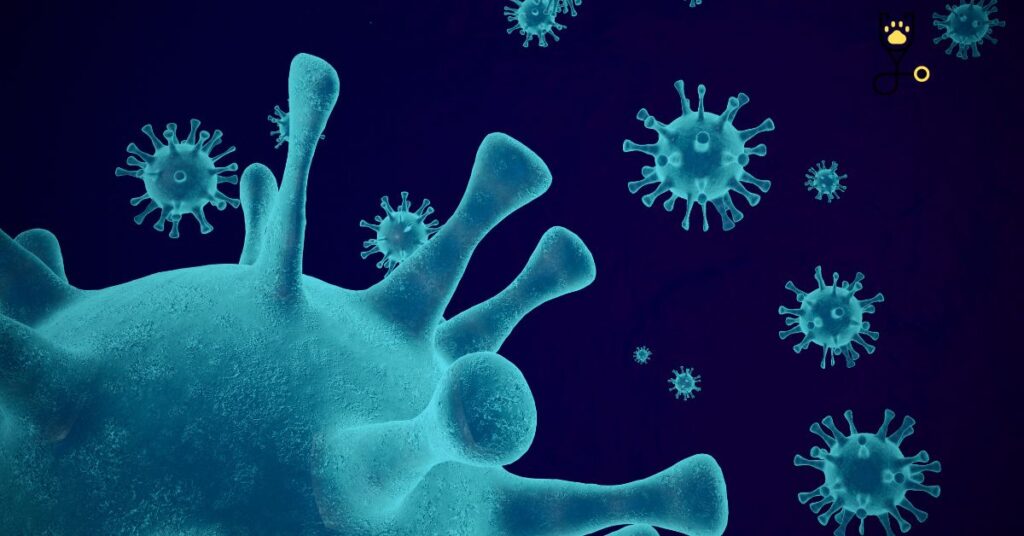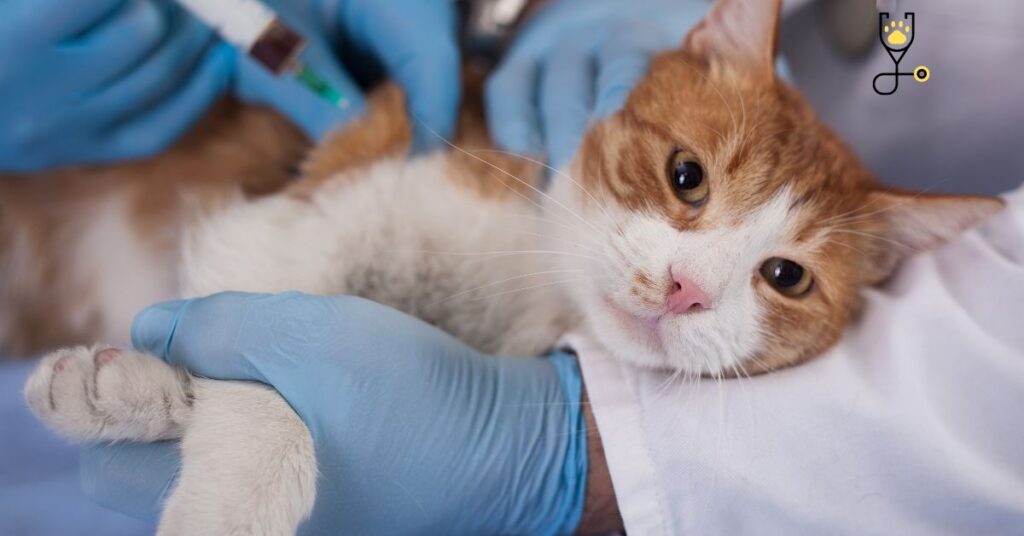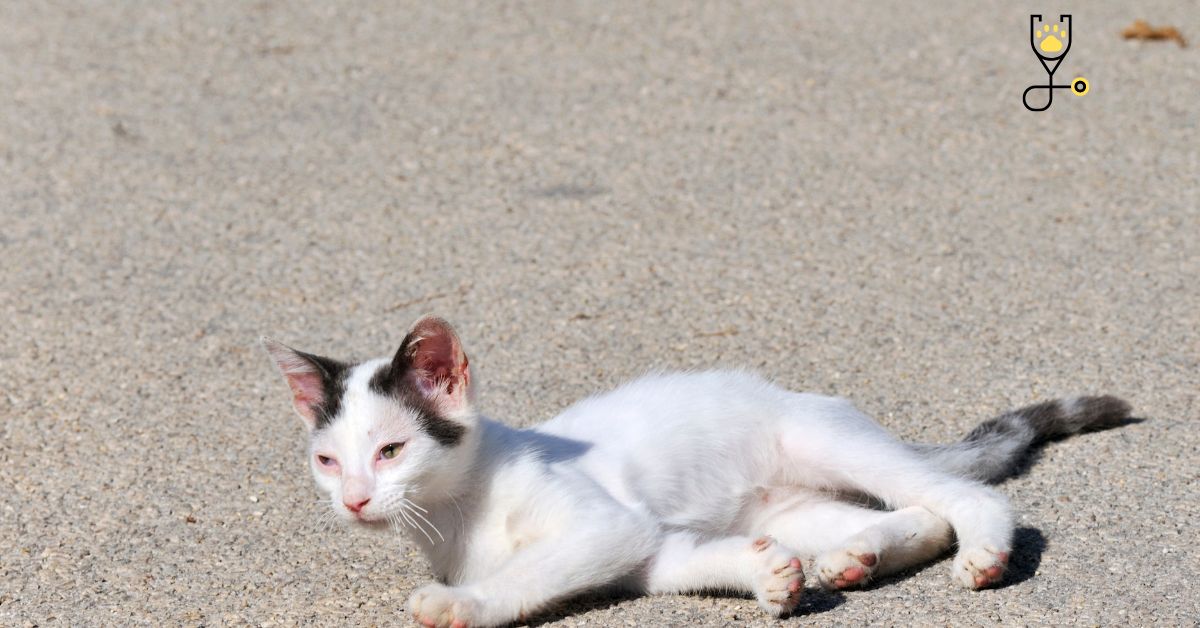If your cat has been diagnosed with Addison’s disease, it is important to learn as much as possible about the condition and how to best treat it. While there is no cure for the disease, there are treatments available that can help your cat live a full and healthy life. By learning more about Addison’s disease, you can be an informed and proactive caregiver for your furry friend.
What is Addison’s Disease?
Addison’s disease, also known as hypoadrenocorticism, is a condition that results when the adrenal glands do not produce enough of the hormone cortisol. The adrenal glands are located on top of the kidneys and produce various hormones that help regulate metabolism, immunity, and blood pressure. When the adrenal glands are not functioning properly, it can lead to a number of serious health problems.
Symptoms of Addison’s Disease in Cats
The symptoms of Addison’s disease can vary depending on the severity of the hormone deficiency. In some cases, the symptoms may be so mild that they go unnoticed. In other cases, the symptoms can be quite severe and even life-threatening. If you notice any of the following signs in your cat, it is important to contact your veterinarian right away:
1. Lethargy and weakness: One of the most common symptoms of Addison’s disease is lethargy and weakness. Your cat may seem tired all the time and may not have the same energy level as usual.
2. Loss of appetite: Another common symptom is a loss of appetite. Your cat may not be interested in food and may lose weight.
3. Vomiting and diarrhea: If your cat is vomiting and has diarrhea, it could be a sign of Addison’s disease.
4. Dehydration: Dehydration is a common symptom of Addison’s disease because the body is not able to retain fluids properly.
5. Depression: Cats with Addison’s disease may seem depressed or sad.
6. Muscle weakness: Muscle weakness is another common symptom. Your cat may seem wobbly or unsteady on its feet.
7. Seizures: In some cases, Addison’s disease can cause seizures.
8. Tremors: You may notice that your cat is trembling or shaking more than usual.
9. Increased thirst and urination: Because of the dehydration that often occurs with Addison’s disease, your cat may be thirsty all the time and may urinate more frequently.
10. Collapse: In severe cases, Addison’s disease can lead to collapse.
If you notice any of these signs in your cat, it is important to contact your veterinarian right away for an examination.
Causes of Addison’s Disease in Cats
There are a number of different things that can cause Addison’s disease:

1. Autoimmune disease: One of the most common causes of Addison’s disease is an autoimmune disease. In this case, the body attacks the adrenal glands, which leads to a deficiency of the hormone cortisol.
2. Tumors: Tumors on the adrenal glands or elsewhere in the body can also cause Addison’s disease.
3. Infection: An infection of the adrenal glands can also lead to Addison’s disease.
4. Drug reaction: Some drugs, such as those used to treat heart conditions, can cause Addison’s disease.
5. Other health conditions: There are a number of other health conditions that can lead to Addison’s disease, including cancer, liver disease, and kidney disease.
Diagnosis of Addison’s disease in cats
Diagnosis of Addison’s disease is typically made based on the symptoms and a physical examination. Your veterinarian may also recommend laboratory testing, such as blood work and urine analysis. In some cases, imaging tests, such as X-rays or ultrasounds, may be recommended.
Treatment of Addison’s Disease in Cats
There is no cure for Addison’s disease, but there are treatments available that can help your cat live a full and healthy life. The treatment will vary depending on the severity of the condition and how your cat responds to treatment. In most cases, treatment will involve lifelong medication and close monitoring by your veterinarian.

Corticosteroids are the most common type of medication used to treat Addison’s disease. These drugs help to replace the missing cortisol and can be given orally or injected. In some cases, other medications, such as mineralocorticoids, may also be necessary. In addition to medication, it is important to monitor your cat closely at home for any changes in symptoms. You should keep a close eye on your cat’s appetite, energy level, urination, and stool quality. It is also important to weigh your cat regularly and track any weight loss or gain. If you notice any changes in your cat’s condition, it is important to contact your veterinarian right away.
Prevention of Addison’s Disease in Cats
There is no way to prevent Addison’s disease, but there are steps you can take to help keep your cat healthy. Make sure to take your cat to the veterinarian regularly for check-ups and vaccinations. You should also feed your cat a high-quality diet and make sure it has access to fresh water at all times. If your cat is on any medications, make sure to follow the instructions carefully and do not skip any doses. Addison’s disease is a serious condition that can be life-threatening, but with proper treatment, most cats can live long and healthy lives. If you think your cat may have Addison’s disease, or if you notice any changes in its health, it is important to contact your veterinarian right away.
Conclusion
Addison’s disease is a serious condition that can be life-threatening, but with proper treatment, most cats can live long and healthy lives. If you think your cat may have Addison’s disease, or if you notice any changes in its health, it is important to contact your veterinarian right away.
FAQ’S
Addison’s disease is a condition that occurs when the adrenal glands do not produce enough of the hormone cortisol. Cortisol is a hormone that helps to regulate metabolism, blood pressure, and the immune system.
Symptoms of Addison’s disease can vary depending on the severity of the condition, but may include weight loss, lethargy, weakness, vomiting, diarrhea, and collapse.
There are a number of different things that can cause Addison’s disease: autoimmune disease, tumors, infection, drug reaction, and other health conditions.
Diagnosis of Addison’s disease is typically made based on the symptoms and a physical examination. Your veterinarian may also recommend laboratory testing, such as blood work and urine analysis. In some cases, imaging tests, such as X-rays or ultrasounds, may be recommended.
There is no cure for Addison’s disease, but there are treatments available that can help your cat live a full and healthy life. The treatment will vary depending on the severity of the condition and how your cat responds to treatment. In most cases, treatment will involve lifelong medication and close monitoring by your veterinarian.







